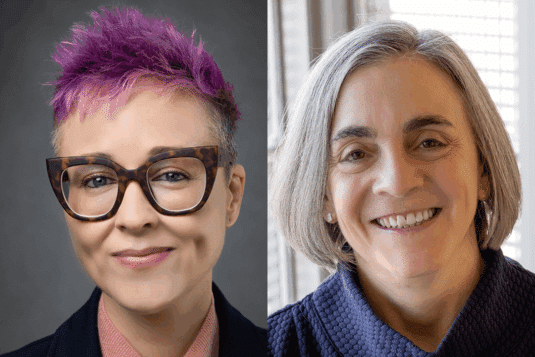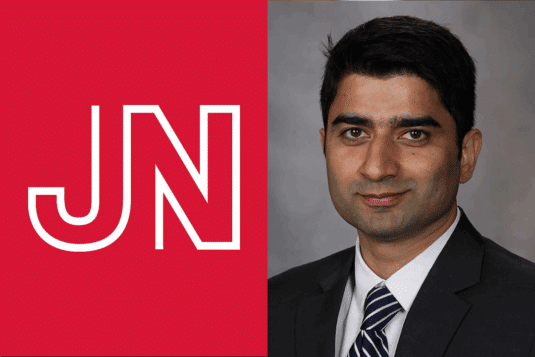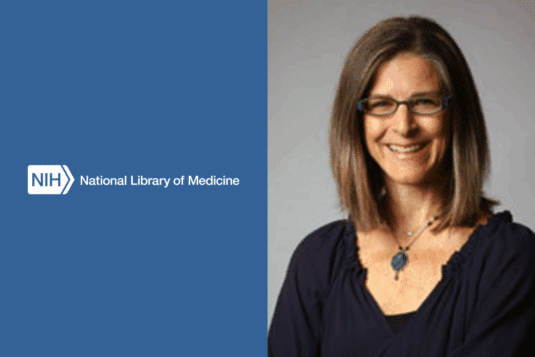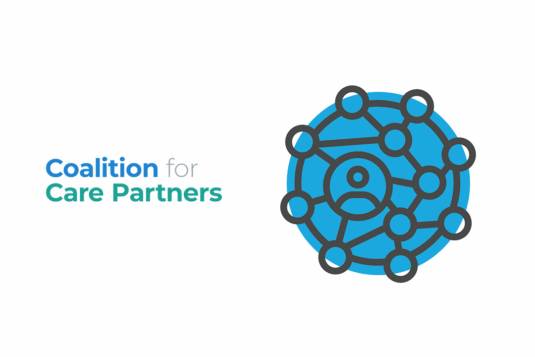Cait DesRoches and Liz Salmi reflect on the evolution of open notes and issue a clear call to action for oncology. Drawing on over fifteen years of research, they underscore that while open notes consistently strengthen trust, understanding, and patient engagement, access is not equitable. They argue that transparency without equity is incomplete.
carousel
Solutions for Increased Adoption of Patient Portal Shared Access: A Human-Centered Design Approach Using the Double Diamond Model
Using a human-centered design approach, OpenNotes and researchers at the Johns Hopkins Bloomberg School of Public Health explored how to improve awareness and adoption of shared access to patient portals for older adults and their care partners.
Critical AI Health Literacy as Liberation Technology: A New Skill for Patient Empowerment
As artificial intelligence transforms health care, patients are increasingly using generative AI to question, reinterpret, and even resist institutional decisions. This provocative commentary, from Hugo Campos and Liz Salmi, introduces “Critical AI Health Literacy” as a new skill set for patients seeking agency and equity in the digital age of medicine.
Identifying, engaging, and supporting care partners in primary care settings: a portal-based intervention
Millions of Americans are care partners but they are rarely identified or supported in care delivery. With a portal-based questionnaire, we identified participants with caregiving responsibilities and further evaluated them in order to offer support.
Whom Should We Regard as a Legitimate Stakeholder in the Accuracy of Information in a Patient’s EHR?
This case describes a care partner who was distressed by bias and inaccuracies in a loved one’s medical notes. Steve O’Neill LICSW, BCD, JD and Catherine M. DesRoches, DrPH, MSc offer guidance on how the doctors and hospital should respond.
JAMA Viewpoint Calls for Greater Transparency in Organ Transplant Selection Committees
A new JAMA Viewpoint co-authored by Aditya S. Pawar, MD (Beth Israel Deaconess Medical Center) and OpenNotes co-founder Tom Delbanco, MD, calls for a more transparent, patient-inclusive approach to organ transplant evaluation.
Near-wins in the pursuit of quality: does transparency matter if no one is looking?
In this new editorial for BMJ Quality & Safety, Sigall Bell, MD and Cait DesRoches, DrPH reflect on how access to medical notes can improve the quality of care, but only if patients are able to read and understand them. In the time between medical visits, when patients are monitoring their own health, AI may open a new frontier.
Beth Israel Deaconess Medical Center (BIDMC) Receives National Library of Medicine Award to Advance Patient-Centered AI
OpenNotes at Beth Israel Deaconess Medical Center (BIDMC) receives award from the National Library of Medicine to support development of artificial intelligence (AI) tools that help patients better understand and use their own health information.
Issue Brief: Shared Access to the Patient Portal
This issue brief summarizes the activities and learnings of the Coalition for Care Partners around shared access. Research has spanned from 2019 to 2025, including the formation of the Shared Access Learning Collaborative. The Coalition offers recommendations for policymakers, clinical leadership, patients, and care partners.
People Overtrust AI-Generated Medical Advice despite Low Accuracy
This article presents an analysis of how artificial intelligence (AI)–generated medical responses are perceived and evaluated by nonexperts. The increased trust placed in inappropriate AI-generated medical advice can lead to misdiagnosis.













